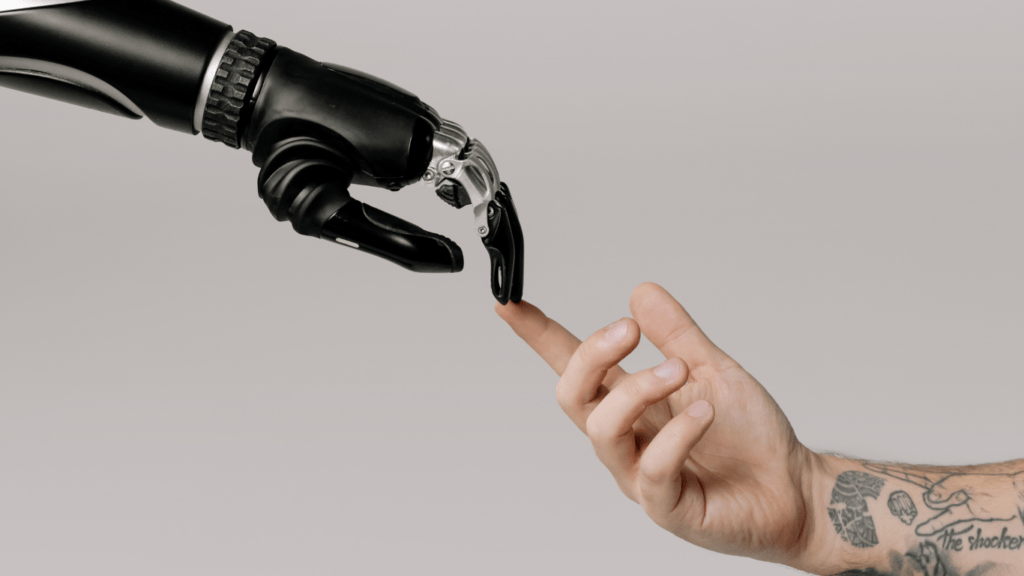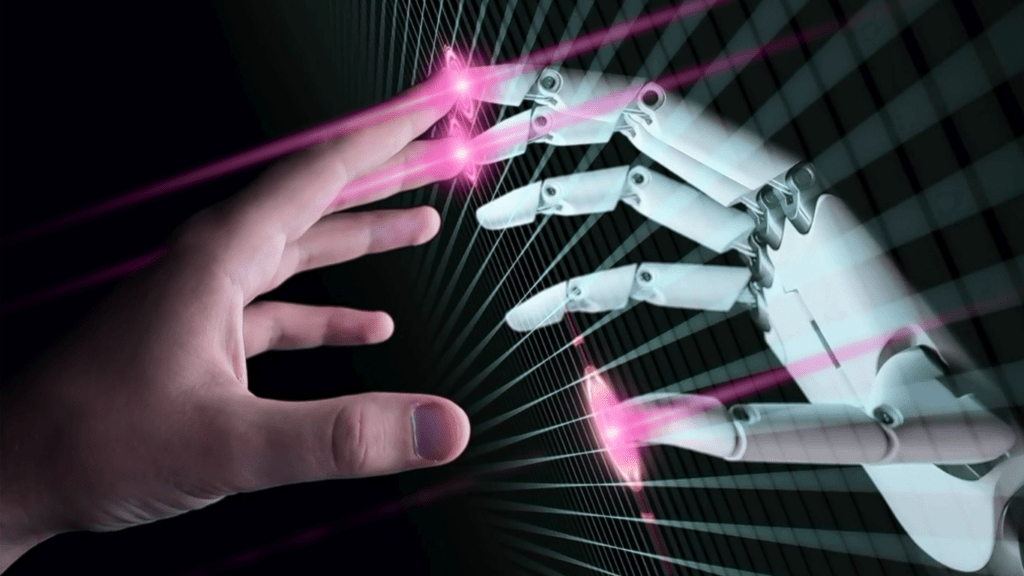In the realm of predictions and forecasting, the age-old debate between human intuition and artificial intelligence capabilities continues to intrigue many. As I delve into the intriguing world of predictive analytics, the question arises: Who truly holds the upper hand when it comes to making accurate predictions – humans or AI algorithms? The clash between human judgment and machine precision in the realm of betting and forecasting unveils a fascinating narrative of skill versus data-driven insights. Join me on a journey to explore the battleground where human expertise meets the computational power of AI, seeking to uncover the ultimate betting edge.
Understanding Human Prediction Strategies
Exploring the realm of predictions and forecasting unveils a fascinating insight into the contrasting approaches of human intuition and artificial intelligence (AI). In this section, I’ll dissect the intricate strategies employed by humans when making predictions, contrasting them with the calculated algorithms of AI systems.
Leveraging Experience and Expertise
Drawing on years of experience and domain knowledge, human predictors often rely on pattern recognition and contextual understanding. By assimilating past events and contextual nuances, human predictors can identify subtle signals that may elude AI algorithms.
Embracing Subjectivity in Analysis
Humans possess the unique ability to incorporate subjective factors such as emotions, instincts, and intuition into their predictive process. This emotional intelligence enables humans to factor in non-quantifiable elements that may significantly impact outcomes.
Interpreting Ambiguity and Uncertainty
Unlike AI, human predictors excel in navigating ambiguity and uncertainty. Humans can embrace incomplete information, interpret vague signals, and make informed decisions based on nuanced qualitative assessments.
Emphasizing Creativity and Imagination
Human predictors often leverage creativity and imaginative thinking to envision alternative scenarios and outcomes. This capacity for lateral thinking allows humans to explore unconventional possibilities beyond the scope of existing data patterns.
Prioritizing Contextual Understanding
Human predictors excel in contextual comprehension, integrating external factors such as socio-economic trends, cultural influences, and geopolitical events into their predictions. This holistic approach enables humans to discern complex interconnections that AI may overlook.
In understanding human prediction strategies, it becomes evident that the fusion of experience, subjectivity, adaptability, creativity, and contextual awareness empowers human predictors to navigate the intricate landscape of predictions with finesse and intuition.
Exploring AI Prediction Algorithms
- Machine Learning in Betting Analysis
In betting analysis, machine learning plays a pivotal role in processing vast amounts of data to identify patterns and make predictions. AI algorithms excel at recognizing complex relationships within data that may not be immediately apparent to humans. By utilizing historical data and applying various models, AI can generate insights and forecasts with remarkable accuracy. - Neural Networks for Predictive Modeling
Neural networks, a key component of AI prediction algorithms, mimic the human brain’s structure to process information and learn from patterns. These networks are adept at handling nonlinear relationships in data, enabling them to forecast outcomes with a high degree of precision. Their ability to adapt and improve based on new information makes them valuable tools in predictive modeling for betting scenarios.
Natural Language Processing (NLP) for Data Interpretation
Natural Language Processing (NLP) is another essential aspect of AI prediction algorithms, especially in analyzing unstructured data sources such as articles, social media posts, and expert opinions. By extracting valuable insights and sentiments from textual data, NLP enhances the predictive capabilities of AI systems, providing a more comprehensive understanding of the factors influencing betting outcomes.
Accuracy Comparison: Human vs. AI Predictions
Exploring the accuracy of predictions between humans and AI sheds light on their distinct strengths in forecasting outcomes. While humans rely on experience and emotional interpretation to make predictions, AI excels in processing vast amounts of data for precise forecasts. Neural networks, designed to mimic the human brain, demonstrate exceptional precision in prediction tasks.
In contrast, human prediction strategies often incorporate elements of intuition and subjective judgment, which can be influenced by biases and emotional factors. On the other hand, AI algorithms are impartial and data-driven, leveraging historical data to identify patterns and make predictions based on statistical analysis.
When comparing the accuracy of human vs. AI predictions, it’s crucial to consider the scale and complexity of the data involved. AI systems can analyze massive datasets at incredible speeds, offering a level of accuracy and consistency that may surpass human capabilities in certain scenarios. However, human intuition and contextual understanding still play a vital role in making predictions where emotional or nuanced factors come into play.
The accuracy comparison between human and AI predictions reveals a dynamic interplay between experience-driven intuition and data-driven analysis. While AI excels in processing and analyzing large volumes of data for precise forecasts, human judgment and interpretive skills remain valuable in decision-making processes that require empathy and emotional intelligence.
Real-World Applications in Betting Scenarios
Exploring the realm of betting scenarios uncovers fascinating insights into the application of human versus AI predictions. In real-world betting settings, the competition between human intuition and artificial intelligence unfolds dynamically.
In high-stakes environments such as sports betting, AI algorithms showcase their prowess by swiftly processing massive amounts of historical data to generate predictions. These predictions are often characterized by their objectivity and reliance on statistical patterns rather than emotional biases or subjective opinions.
On the other hand, human bettors leverage their experience, instincts, and nuanced understanding of contextual factors to make informed wagers. The human touch in betting scenarios adds a layer of intuition and adaptability that AI, despite its computational power, may struggle to emulate fully.
In the intricate landscape of betting predictions, the interplay between AI-driven data analysis and human intuition creates a compelling balance. While AI excels in number-crunching and pattern recognition, human bettors bring their cognitive flexibility and emotional intelligence to the table, shaping a multifaceted approach to making successful predictions in diverse betting scenarios.


 Elaine Shippsters serves as the tech innovator behind Betting Edge Brite, leading the charge in integrating AI and advanced technology into the platform's core functionality. With a background in software engineering, Elaine has played an instrumental role in developing the technical infrastructure that powers Betting Edge Brite’s AI-driven predictions and betting algorithms. Her contributions have allowed the platform to leverage cutting-edge technology, offering users sophisticated tools to stay ahead of the game. Elaine’s work ensures that Betting Edge Brite remains at the forefront of innovation in the betting industry.
Elaine Shippsters serves as the tech innovator behind Betting Edge Brite, leading the charge in integrating AI and advanced technology into the platform's core functionality. With a background in software engineering, Elaine has played an instrumental role in developing the technical infrastructure that powers Betting Edge Brite’s AI-driven predictions and betting algorithms. Her contributions have allowed the platform to leverage cutting-edge technology, offering users sophisticated tools to stay ahead of the game. Elaine’s work ensures that Betting Edge Brite remains at the forefront of innovation in the betting industry.